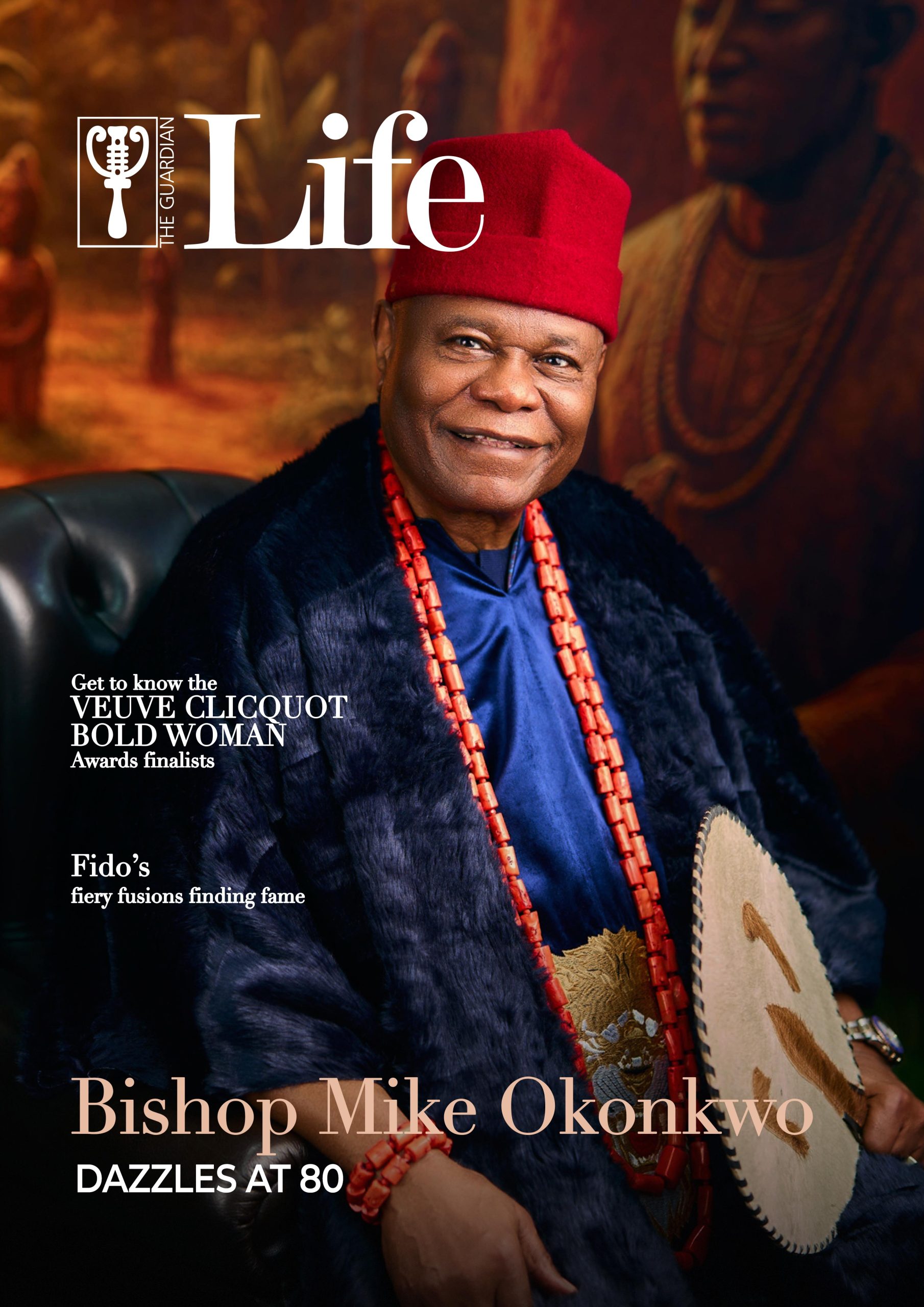At 80, Bishop Mike Okonkwo radiates a rare blend of wisdom, resilience, and unwavering purpose. Founder and Presiding Bishop of The Redeemed Evangelical Mission (TREM), his journey from humble beginnings — selling bread on the streets of Lagos — to leading one of Nigeria’s most respected ministries is a testament to grit, gumption, grace, and godliness.
For over five decades, he has preached the gospel without scandal, mentored generations, and used education as a powerful tool for transformation through initiatives like the Mike Okonkwo National Essay Competition.
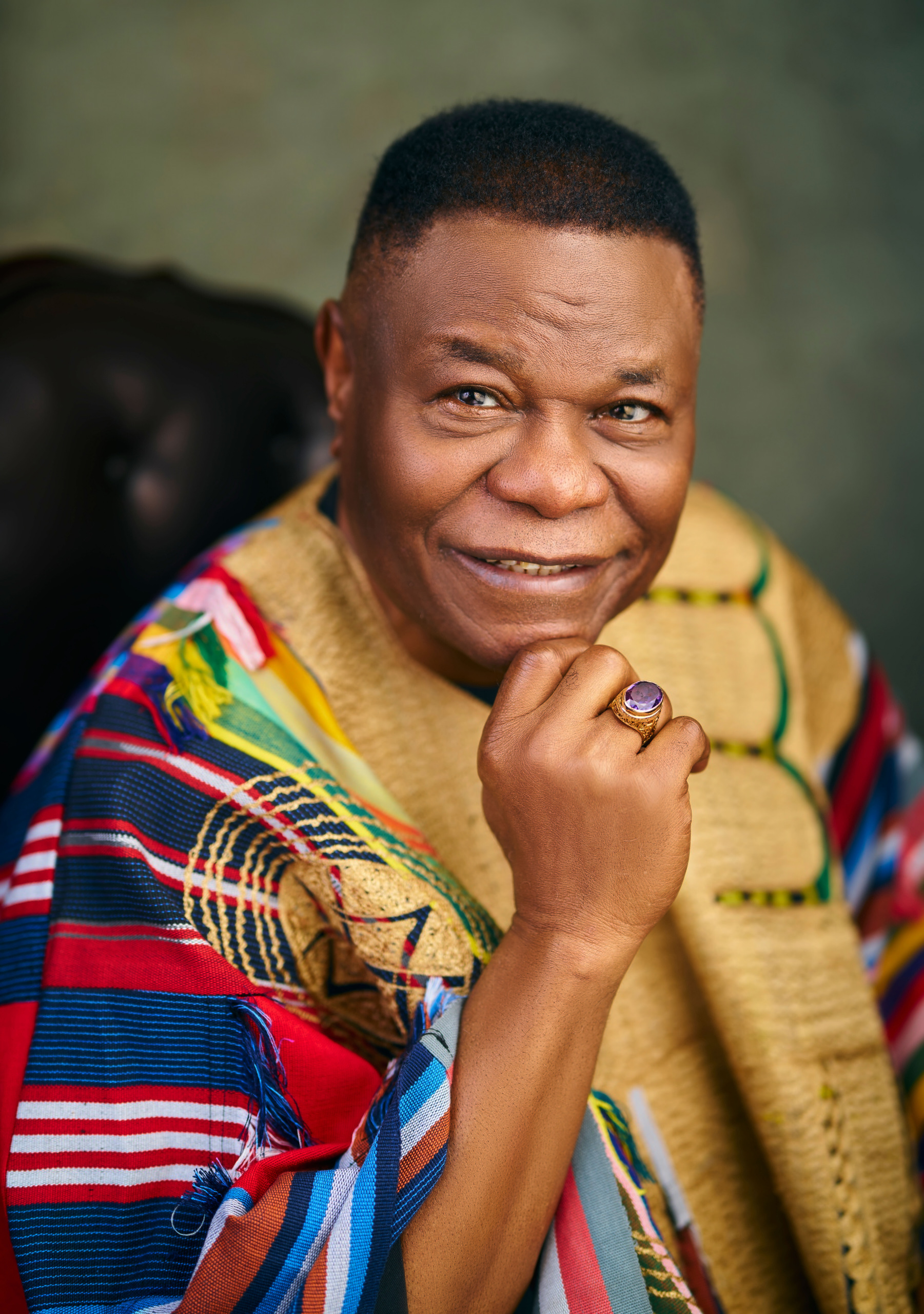
In this interview with Iyabo Lawal, Bishop Mike Okonkwo reflects on eight decades of life, the legacy he hopes to leave, his thoughts on Nigeria’s moral and leadership crisis, and why he believes real ministry starts outside the pulpit.
With characteristic depth and honesty, the revered cleric speaks not just as a preacher, but as a father, patriot, and servant-leader whose life continues to echo beyond the walls of the church
Congratulations on your 80th birthday. Looking back over the years, will you say that God has been faithful to you?
Well, the only giver of life is God, and life is a mystery. There are those who have gone, some died in the womb, some at birth, and some were born but didn’t live long enough to actualise their dreams. For God to keep me alive till now is a blessing, and I consider myself blessed.
God, in his infinite mercy, allowed me to see this day, not just come to this age, but healthy and strong. There is no way I can quantify my gratitude to God, and I do it every day.
What are you looking forward to at 80?
At 80, I’m looking forward to continuity, because it’s not enough to live for yourself. Having been used by God to establish a ministry, it must not die in my hands. The whole essence is to impact lives. I’m praying that what God has used me to do will continue, even when I’m not here.
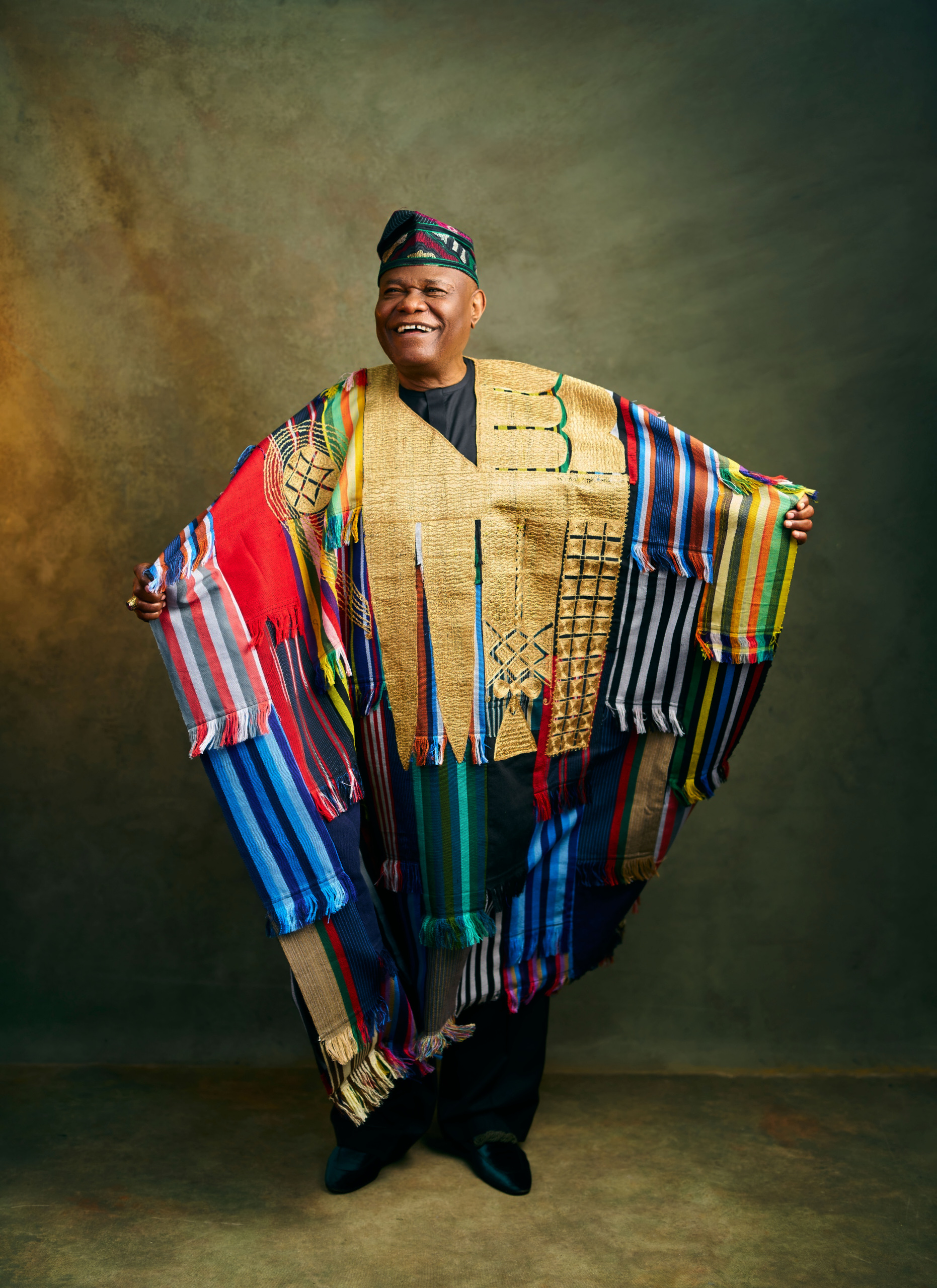
How was your childhood?
My parents were disciplinarians; my father was a civil servant, while my mother was a trader. I was born in Enugu, and by the time I turned five, my father, who worked in the Ministry of Post and Telegraph, was transferred to Lagos. So, I lived most of my life in Lagos.
After a while, maybe standard four or so, my father sent me to my uncle, who was a lecturer at Offa Grammar School. I attended St. Mark’s Primary School, where I did an entrance examination into Mayflower School, Ikenne, under Dr Tai Solarin.
Growing up in Lagos, I sold bread for my mother, who sold akara at Oyingbo market. My father ensured we were disciplined and taught us that hard work pays. And these were some of the values he inculcated in us to make us know that nothing comes cheap.
How did that discipline influence your relationship with God?
Of course, I was going to Church, but I won’t say I had a personal relationship with God. I was born into a Christian family, the Anglican Communion. My parents insisted that we must not just go to church, but be involved in the things of God. Yes, I was inclined towards God, and I guess that also may have helped me to finally have a personal encounter with God.
So, how did the vision of The Redeemed Evangelical Mission (TREM) come about?
I was attending a church in Enugu where I built my relationship with God. Many young people were joining the work, but somewhere along the line, we noticed that there was something more than what we were doing.
Then, the Lord began to minister to me that I wasn’t going to stay long in that church. Subsequent events that happened in the church led some of us young people to exit.
Even at that, I didn’t know what I was going to do because I wasn’t planning to start a church. I didn’t have any formal training because in those days, there were no Bible schools. I was confused, to be honest, but I kept waiting.
Deeper Life started doing its Monday Bible study on campus. Brother William Kumuyi was teaching at the university as a lecturer at the time. They hadn’t started church; it was just fellowship. So, I went to meet him and shared my experience, and he said I should keep on praying, that there would be clarity.
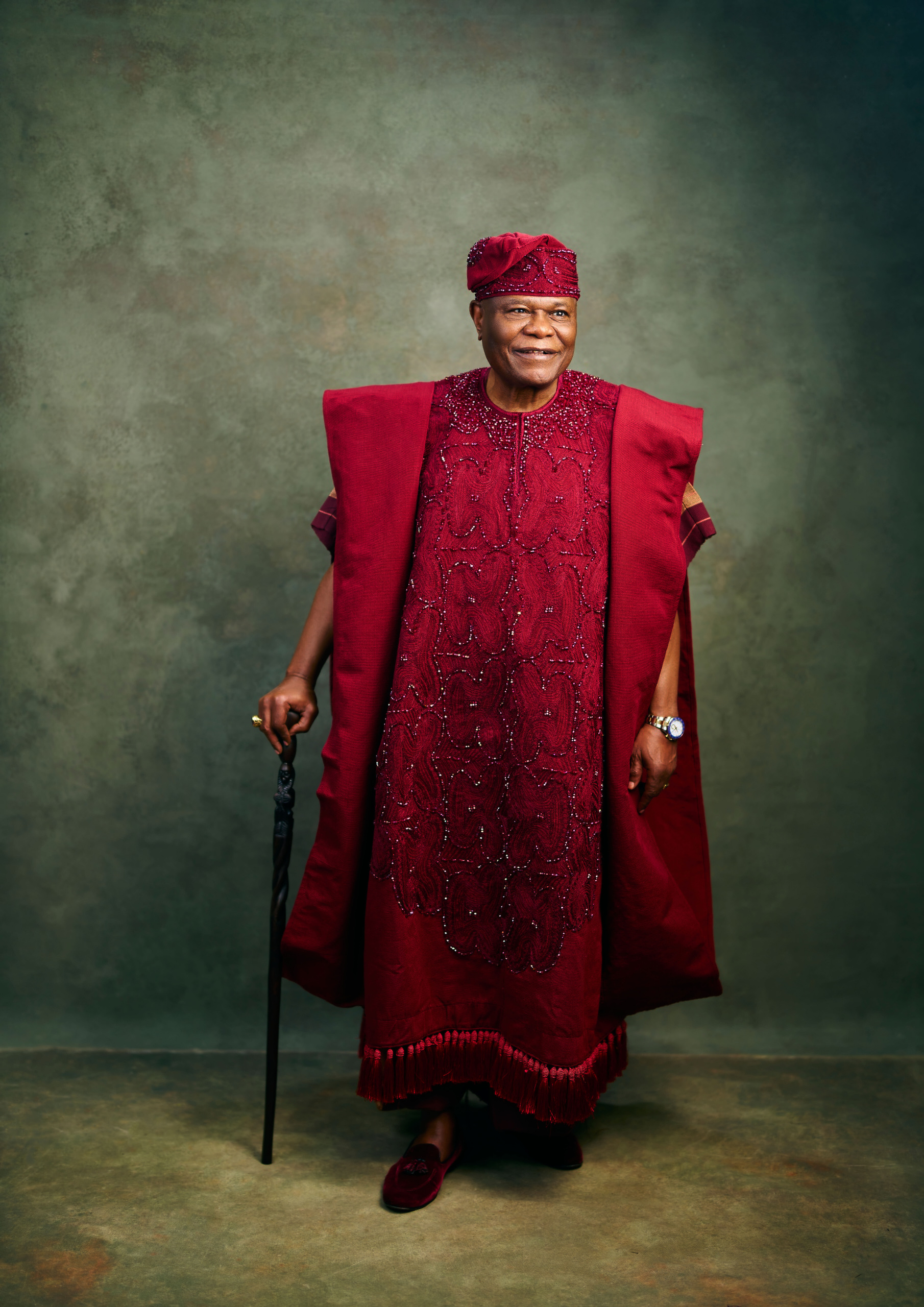
I also met one of the founders of Foursquare Church, the late Dr. Wilson Badejo, who also counselled and advised me not to return to my former church. So, I waited until God directed me to start my own ministry with a promise to guide my steps.
Between 1979 and 1980, we began to hold meetings with people who were with me, and by the end of 1980, through prayers, we came up with the name of the church. By 1981, TREM officially took off.
Around that same period, I saw a newspaper advertorial for scholarships to Africans for ministry training. I applied, though I wasn’t hopeful, and to my surprise, I was accepted. All expenses were covered except my flight ticket.
One or two days after TREM was established, I travelled to the United States for the School of Ministry, where I was exposed to a lot of other mega ministries. What I did to further equip myself was to get all their materials: books and tapes. I also went to the Rhema Bible College in Oklahoma and registered with the Baptist Theological Seminary to be balanced.
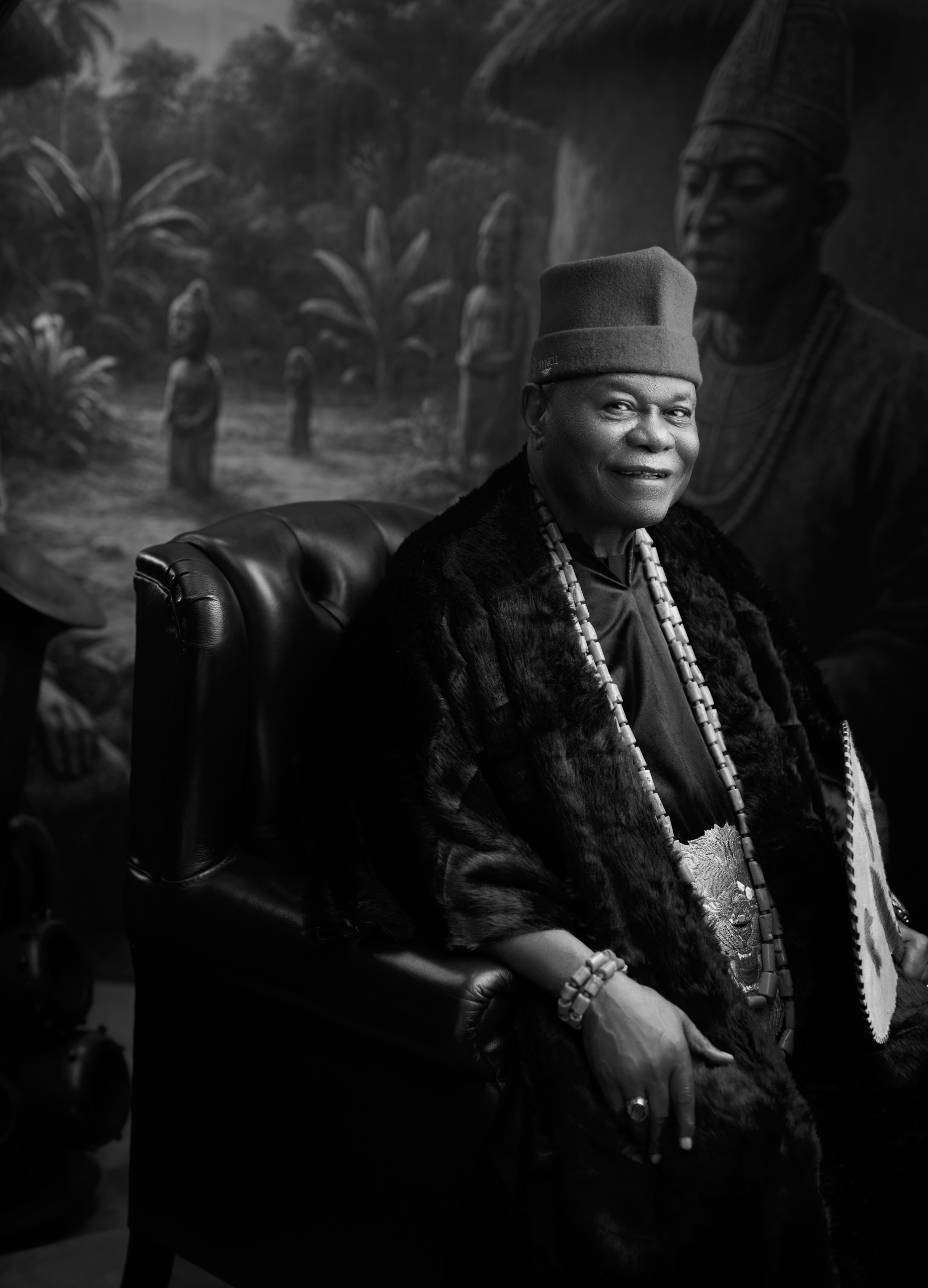
I had the opportunity to remain in the United States like my colleagues, but once there is a calling on your life, you’re not thinking of your comfort; you’re thinking of the call. That was what motivated me to return, even when there was nothing on ground other than vision; but see what God has done.
How do you think your life has impacted others, and what testimonies stand out to you particularly?
Well, there are many testimonies, but my greatest testimony is the fact that I have lived a life of character and integrity. I have zero tolerance for people who have no values and character, who do anything to make it happen in life.
Why would I say I am serving God if he is not big enough to provide or take care of me? I had better forget him and do whatever I want to do. I had a good job at African Continental Bank when the war ended, but when I received the call, it was like going from the known to the unknown. I was earning good money. Money wasn’t the motivating factor to be in ministry; I didn’t need it. So, whatever you are seeing now in my life is God’s grace, not because I manipulated, cheated or put my membership under pressure. If God doesn’t do it, forget it; that means it’s not supposed to be done.
That life alone, that I can walk the streets without anyone accusing me of “packaging miracles”, is testimony. Am I God that will do miracles? If he doesn’t do it, let it remain undone. I’m not under pressure to make people call me something. Don’t call me anything. I’m not God.
You have been in ministry for over 50 years without scandal. To what do you attribute this?
First, the grace of God. It’s not because I’m stronger than anyone. Second, a quality decision to live by certain values. If I pursue money, I will stain myself. The scripture is very clear: the love of money is the root of all evil. If you see people doing certain things, trace it; money is involved. God’s grace and my values have kept me. There are boundaries; I will not play God to impress people in ministry, because I am not God.
You have impacted many lives through your educational programmes. What motivates you?
No one has seen God at any time, but one can see God through people. The scripture says the church is the light of the world and salt of the earth. Our light should be seen outside. It says, let our light so shine that men may glorify your father who is in Heaven. So, one thing I’ve taught since inception is to strengthen people so they can live out the gospel in society. Real ministry is outside. That’s the motivation. We may not do everything, but let’s do something.
Through the Mike Okonkwo National Essay Competition, running for over 20 years, we reward brilliant students, groom them to write essays, assist schools with computers, and award scholarships to indigent but gifted students regardless of religion. The issue is humanity.
In fact, it helps them in terms of honesty and integrity. We tell them, don’t let anyone write for you or copy from somewhere. Then, we get a university professor to mark the scripts, so there’s no question of bias. The goal is to give back to society and not just confine everything to ourselves, so they can feel God through us.
Talking about education, churches are scrambling to establish universities. Are there plans by TREM to do this as well?
The ministry is ongoing. Dreams and visions may outlive you. I never put myself under any pressure to compete with others. I won’t start a university simply because others did. Did God tell you?
A university is a good thing. Ministries own universities, but if you notice the ministry of Elijah, it continued. There are certain things God told Elijah to do, which were completed by Elisha.
This coming generation, let them do it. If I complete everything, what’s the next generation going to do? When you go and begin to do things that God didn’t tell you, then you’ll generate the money by force. I’m not putting myself under that pressure for now.
At 80, what are your concerns for the country? Would you say we are on the right path as a nation?
To be honest with you, I’m thoroughly disappointed. I feel embarrassed, and I’ve said it in many places that how can we have this number of churches in the country, yet our nation is the way it is? I don’t think there’s any place in the world that we have such gatherings as we have in this country; prayer times and all the stuff. Is there any place you will find that God has raised dynamic, strong leadership in church like in this country?
It embarrasses me as a leader in the body of Christ. The country is not where it should be. Our political leaders have learnt nothing. They used to say the military spoiled everything; now that we are in charge, what have we done?
A politician comes into office today, what he is thinking about is the next election, so what does he do? He doesn’t care about performance. Not knowing that when you perform, the masses will beg you to run.
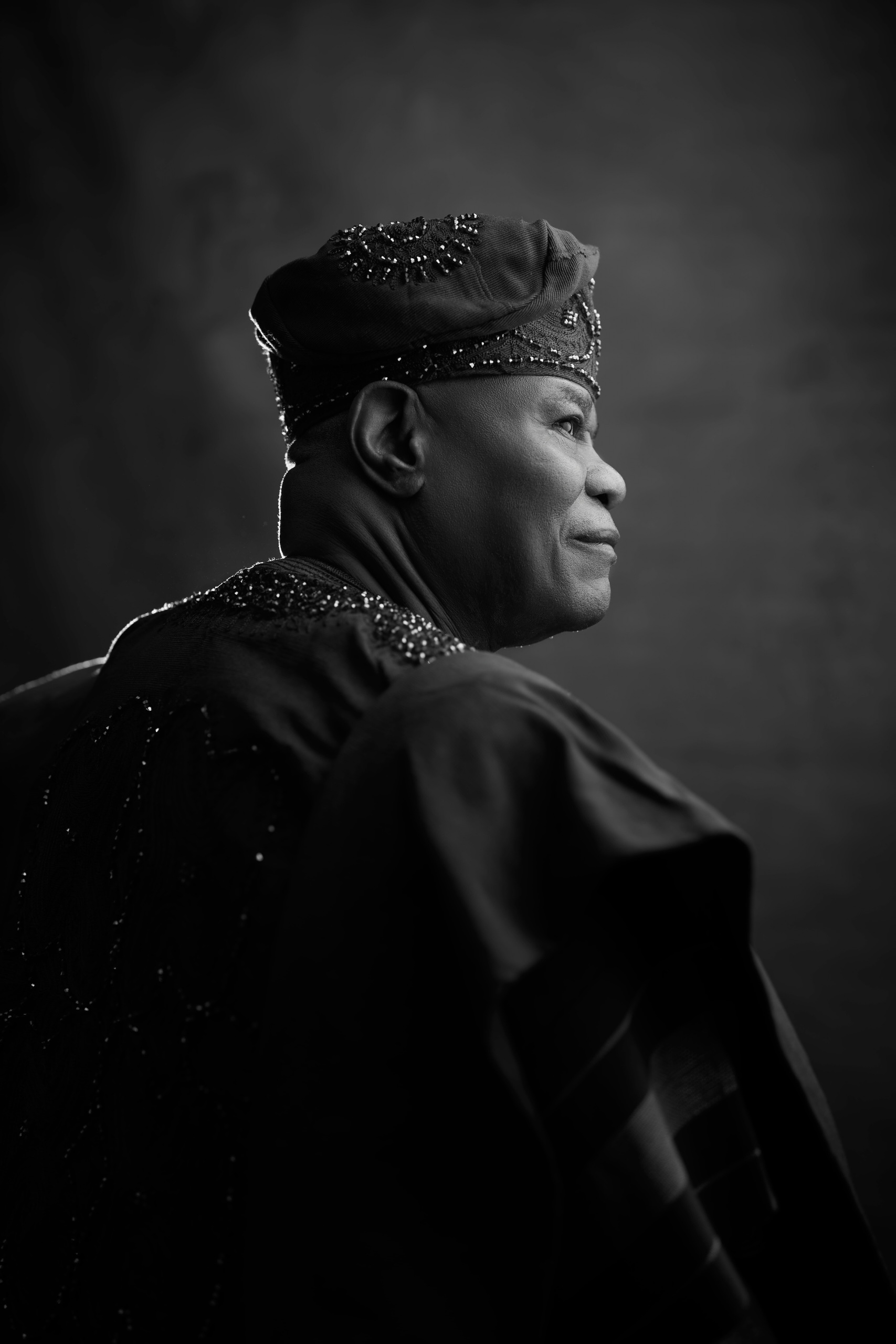
Over 50 years, you have been on the pulpit preaching the gospel, how have you been able to juggle between family and God’s work?
I have been able to manage the two effectively. Initially, when the ministry started, it wasn’t easy to manage family; that’s where agreement with your wife comes in. There are things she’ll have to endure, but it’s not permanent.
For instance, I had to do a lot of travelling when the ministry was newly established, which she didn’t do with me. But at every given opportunity, you must get back to your family.
It is family first before the pulpit. If your family is not in order, you will run into problems. I tell young pastors in Bible School that they must guard their marital life jealously. Don’t rush into marriage; instead, prayerfully ask God for guidance and marry someone who understands your vision. If you marry wrongly, half of your ministry is gone. You will never maximise the call of God in your life.
I can’t thank God enough for my wife, the type of woman God has given me, her patience, courage, resilience, dynamism, understanding, and what she has done in my life, because I don’t think I would have been able to survive in ministry.
Don’t take your family for granted. You see, when your wife begins to agitate because of neglect, don’t think that she is committing sin. You have neglected your responsibility at home, that’s why it happened. So, at every opportunity, we sit as a family and just enjoy ourselves. Let down our heads and just enjoy what family people do. Argue, quarrel, fight among ourselves, and continue with life.
I don’t live in deceptions. I have heard some people say that they have never quarrelled with their wives, not one day of quarrel. We are human beings, so there will be times of disagreement and quarrel. But the beautiful thing about Christianity is that there’s always a bounce back; get up and keep going.
There’s a popular saying that youths are tomorrow’s leaders, and the future of Nigeria rests on their shoulders. What’s your message to them, particularly at this time in the nation’s history?
Leaders have failed to understand that they are sowing seeds that will germinate in the future. If we think of legacy, there are things we will not do as leaders. Some of our leaders have destroyed young people for nothing. I wouldn’t blame them. What do you want them to do? They struggle, go to school, come out of school, nothing. And you still want them to be morally upright?
The only way it can happen is through God. Because human beings have failed them. That is why the church has a lot of responsibilities to ensure that whatever it can do for its youths should be done for them, so that they can be able to stand, no matter where they find themselves and hold their own in any part of the world. Otherwise, if they are to follow the example they are seeing outside, I can guarantee you, there will be no future.
